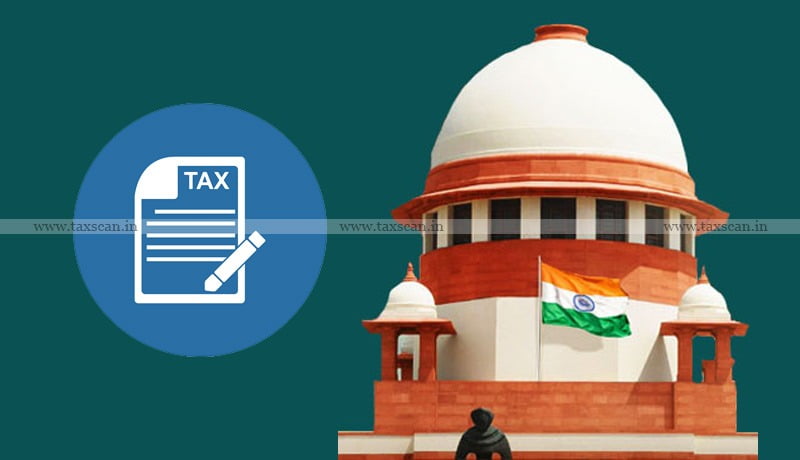their peers.
This article explores how organizations can unlock transformation in their tax functions by leveraging technology to improve efficiency, accuracy, and integration.
1. Improving the Efficiency and Effectiveness of Tax Functions with New-Age Tools
Modern tax functions demand tools that go beyond traditional spreadsheets. With advancements in cloud-based platforms, real-time data analytics, and compliance management systems, tax teams can automate routine tasks, reduce errors, and free up resources to focus on strategic decision-making. These tools allow for the seamless processing of vast datasets while ensuring compliance with ever-changing regulations.
2. The Role of AI, Automation, and Digitization
AI and automation have revolutionized the way tax teams operate. From automating tax calculations and filings to using machine learning for predictive analysis, these technologies minimize human intervention, reduce processing times, and enhance accuracy. Digitization further ensures that all data is organized, traceable, and easily retrievable, enabling smoother audits and regulatory reporting.
3. Bringing End-to-End Visibility in Tax Functions and Transactions
Transparency is key in today’s complex tax environments. End-to-end visibility across tax processes—from data collection to reporting—helps organizations identify potential risks, errors, and opportunities for optimization. Real-time dashboards, integrated systems, and digital audits provide tax leaders with the insights they need to make informed decisions and maintain compliance.
4. Integrating Tax Functions with Other Business Operations
Tax functions are no longer standalone entities. To achieve efficiency, organizations must integrate tax systems with other business functions such as finance, supply chain, and procurement. This integration ensures that tax considerations are built into every business process, reducing redundancy and improving overall operational efficiency.
5. Enhancing Information Processing with Digitization
Tax teams deal with large volumes of data, and the accuracy of their processes heavily depends on the quality of information they handle. Digitization enhances information processing by centralizing data, reducing manual intervention, and enabling advanced analytics. This not only improves the speed of operations but also ensures compliance with real-time reporting requirements.
The Road Ahead
Building an efficient tax function is no longer optional—it’s a critical driver of business success. By embracing new-age tools, AI, automation, and digitization, organizations can unlock transformative potential while staying ahead of regulatory changes. The journey to modernization begins with a commitment to invest in technology and a strategic vision for integrating tax processes into the broader business framework.
For businesses, the time to act is now. A tech-enabled tax function isn’t just about staying compliant—it’s about building resilience, driving efficiency, and positioning the organization for long-term success.









